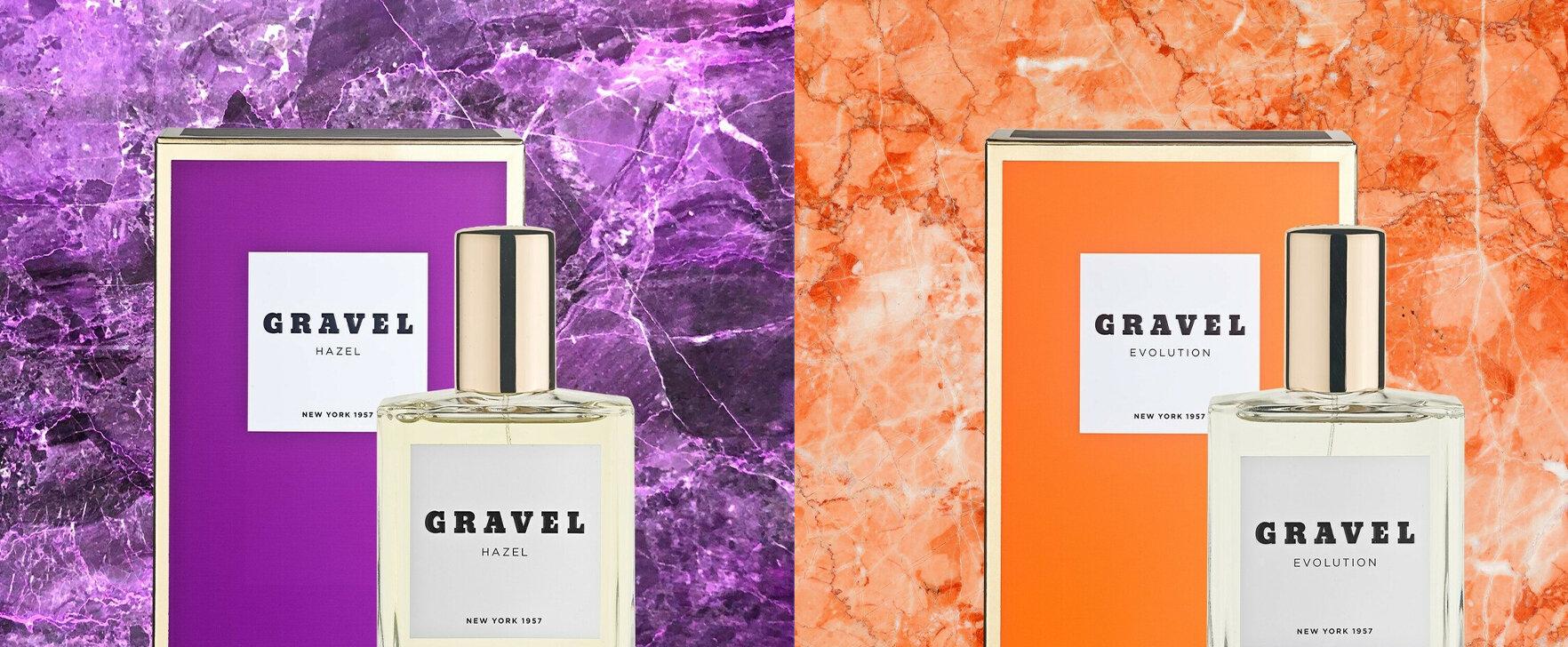
Virtual Noses: How Artificial Intelligence Can Revolutionize the Fragrance World
A US start-up called Osmo has developed an artificial intelligence that has its own sense of smell, so to speak. This innovative technology is intended to help create new fragrances.
A perfume that captures an intense scent with soft floral notes, similar to the smell of cooked jasmine rice. Another evokes the freshness of the sea air and the delicate rind of a watermelon. Another fragrance smells of saffron with hints of leather and black tea. But what if these perfumes are not of natural origin, but based on molecules specially developed by an artificial intelligence? Before a human could even perceive them, these scents were already predicted by a computer model.

Osmo: From Google Research to independent company
The world of fragrance is under the constant influence of new innovations: Artificial intelligences are being used to discover and develop new fragrances. Until now, however, it has proved difficult to communicate the concept of scent to computers. But this could soon change. The start-up Osmo, which emerged from Google's research department, has set itself the goal of using AI to create true-to-life and unique smells for products such as shampoos, lotions and candles in the next few years. Led by neuroscientist Alex Wiltschko, Osmo was able to raise $60 million in an initial round of funding. The start-up received significant support from Google Ventures and Lux Capital.
Challenges in the fragrance industry and Osmo's approach to solving them
In the fragrance industry, manufacturers face numerous challenges. Natural resources are becoming scarce, weather extremes due to climate change are affecting the cultivation of plants. The extraction of animal fragrances is often accompanied by animal cruelty and threats to biodiversity. Osmo is therefore pursuing an alternative approach: Instead of using synthetic variants of fragrances, the AI is to faithfully recreate scents. The artificial fragrances should not only have comparable or even better fragrance quality than their natural counterparts, but also be biodegradable and suitable for allergy sufferers. Customers can submit their individual fragrance requests to Osmo, which will then chemically develop customized fragrances and make them available for licensing. Computers are to be given their own 'nose', so to speak.
Our nose can detect Parkinson's disease earlier than any other diagnosis, sniff out Alzheimer's, COVID-19 and cancer. Why can't our computers? Computers didn't understand smell because we didn't have a map of it. Until now. For the first time in human history, we have a map of smell.
Alex Wiltschko
Creating smells is a complex task due to the diversity of receptors in our nose. Even minor differences such as the number of carbon atoms can determine whether a smell of roses or rotten eggs is perceived. To address this challenge, the team at Osmo fed an algorithm with data on more than 5,000 different odor molecules that contained information about how humans perceive the smell in addition to their structure. The AI used its ability to recognize patterns and uncover commonalities between the chemical structure of substances that have a similar smell.
Next, the AI was presented with a dataset of 400 molecules that had been designed but never manufactured. The AI was asked to predict, based on their structure alone, how these molecules would be perceivable to the human sense of smell. To test the AI's predictions, 15 human subjects were used. The result: In about 53 percent of the cases, the AI was able to guess the odor perceived by humans.
The team considers this a success, although the system still has a limitation. For example, two molecules can be mirror images of each other but smell different. In September 2022, the results of the research were published on bioRxiv. Currently, the work is being reviewed by a scientific journal.

Osmo in medical research: revolutionary approaches in mosquito repellency
However, Osmo's AI offers opportunities not only for the perfume industry, but also for medical research. The company is working to develop a new mosquito repellent to curb the spread of mosquito-borne diseases such as malaria. With few scientific studies on mosquito repellents published in recent decades, Alex Wiltschko came across a U.S. government report from the 1940s. In this study, some 19,000 different fragrances were tested for their effectiveness in repelling mosquito bites. The results eventually led to the development of the active ingredient 'Deet'.
At Osmo, this historical data has now been digitized and fed into the AI. 400 new molecules were then submitted to the AI for evaluation. The result: more than 10 of these molecules showed a stronger repellent effect than 'Deet' or other conventional agents. These molecules will now be tested for skin compatibility and biodegradability.
Artificial Intelligence: A Revolution for the Fragrance World?
Osmo is also pursuing another goal: integrating smell technology into smartphones. Alex Wiltschko and his team are working on new technologies that will enable cell phones to recognize odors and transmit them digitally, similar to music recognition apps. However, more development and research work is needed to realize this vision.
We have a long way to go, but we are taking the first steps today. It took 100 years to digitize our sense of sight, and we will digitize the last human sense, our sense of smell, in a fraction of the time.
Alex Wiltschko
What is your opinion on the use of artificial intelligence in the fragrance industry? Are you excited about the possibilities or are you rather skeptical about the topic?
Image credits: Pixabay.com, iStock (NicoElNino, salihkilic)


 Mikayla
Mikayla
